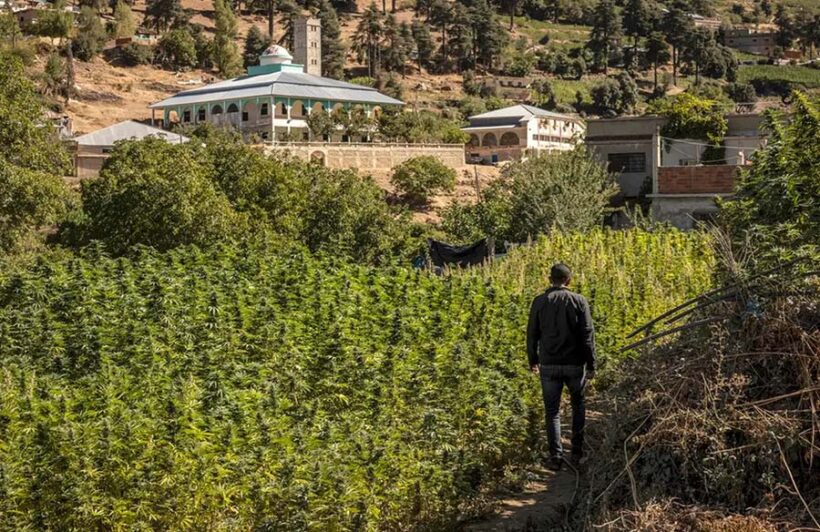Background of the Boycott
Amid the ongoing conflict in Gaza, Moroccan hashish dealers have initiated a boycott against Israeli drug smugglers, severing ties in solidarity with the Palestinian cause. Reports from Israeli media indicate a significant disruption in the hashish trade as Moroccan dealers refuse to engage with Israeli counterparts.
Financial Implications
The boycott has resulted in substantial financial losses for criminal organizations involved in the drug trade. Israeli drug smugglers report significant setbacks, with estimates suggesting losses amounting to tens of millions of shekels.
Importance of Moroccan Hashish
Moroccan hashish holds a revered status among cannabis enthusiasts globally, prized for its exceptional quality and potency. The lucrative hashish trade in Morocco is centered around the Rif Mountains region in the north of the country, supporting a significant agricultural sector.
Impact on Israeli Market
Before the boycott, Israeli smugglers facilitated the flow of Moroccan hashish into Israel through established channels. However, the current boycott has disrupted these routes, prompting Israeli traffickers to explore alternative sources.
Solidarity with Gaza
Testimonies gathered from Moroccan hash dealers explicitly express solidarity with Gaza as the driving force behind the boycott. Dealers condemn the disparity between the thriving Israeli market for hashish and the plight of Palestinians in Gaza, choosing to redirect their product elsewhere.
Parallels to BDS Movement
The Moroccan hashish boycott draws parallels to the Palestinian-led Boycott, Divestment, Sanctions (BDS) movement, initiated in 2005. Similar to BDS strategies, the hashish boycott aims to isolate and pressure Israel economically and culturally in response to its actions in Gaza.
Conclusion
The boycott initiated by Moroccan hashish dealers underscores the interconnectedness of global issues and highlights the role of economic activism in expressing solidarity with marginalized communities. As the conflict in Gaza persists, such acts of resistance continue to shape dynamics within and beyond the region.










